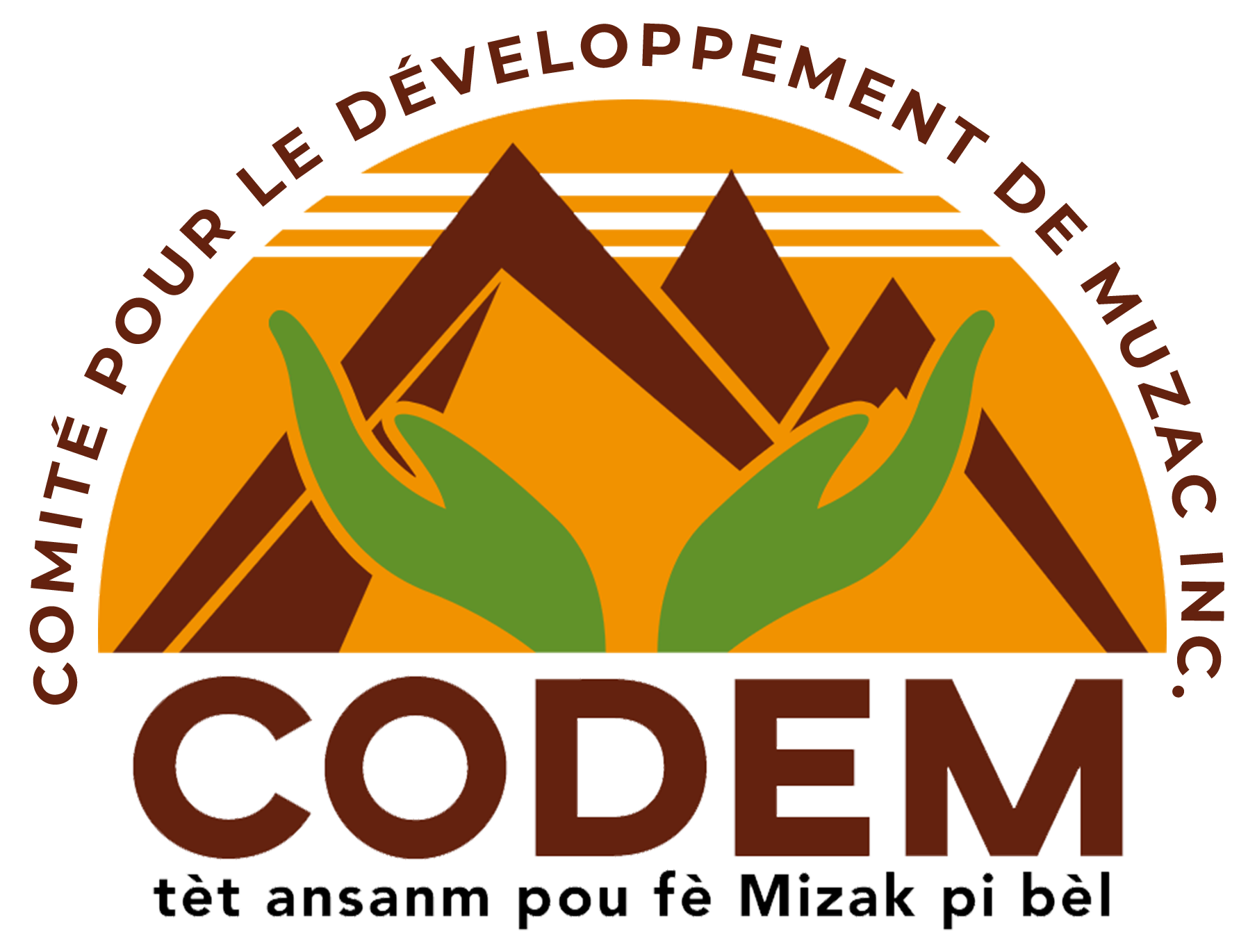
Muzac is a rural community and its main resources are basically agricultural. Most people work in the farm without an irrigation system and proper farming tools. Therefore, our farmers grow their crops only during the rainy seasons which are Fall and Spring. They produce crops such as corn, peas, cassava, sweet potatoes, millet, yam and others. They also produce lots of fruits such as tangerines, grapefruits, oranges, mangoes, bananas, papayas etc. They also breed and raise farm animals mainly cows, goats, pigs and chickens, which they sell at the local markets to increase their revenues.
Muzac currently has no industries, only an informal artisan labor, so the rate of unemployment is very high. As a result, the ladder of opportunity remains a big challenge. The local school system is probably the highest source of employment with about 200 staff members. The diaspora is also one of the main sources of income for the communal section. It is similar to most of the rest of the country where the diaspora contributes more than 50 % of per capita. Since late 1960’s, Haitians including citizens of Muzac have been migrated to USA, Canada, France, Venezuela, St. Martin, Dominican Republic and other countries in search of a better life and to provide assistance to their respective family members left behind. In the US, its diaspora is mostly spread in NY, FL, NJ, CT and MD etc. They continue to support local projects, send money and other goods to their family members in Muzac and help modernize the cultural infrastructure building beautiful modern houses in the last three to four decades. The typical rural abodes are no longer seen in Muzac.
